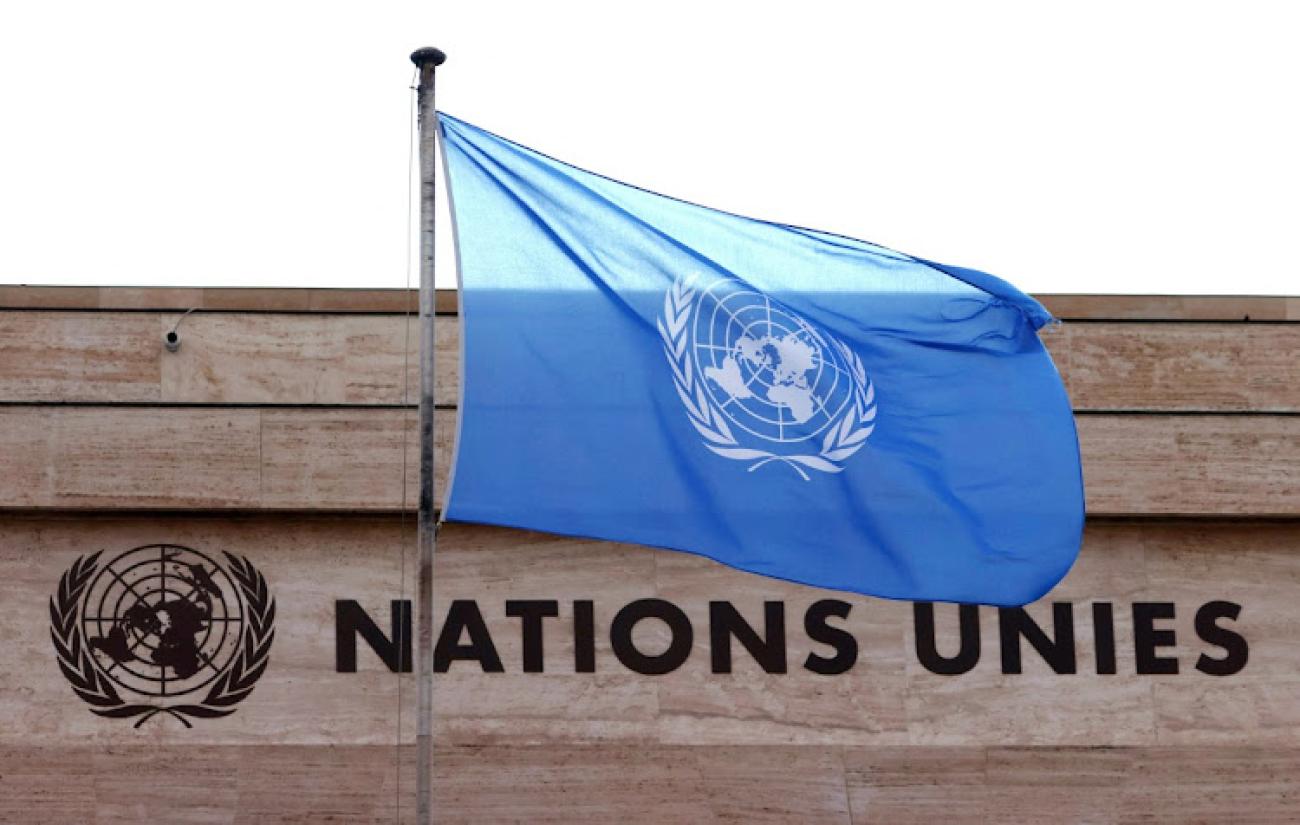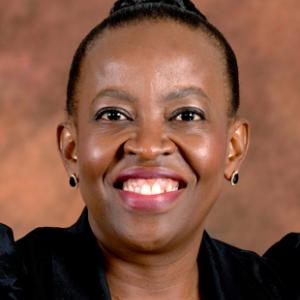Since the advent of SA democracy in 1994, the relationship between SA and the UN has been characterised by mutual respect, partnership and collaboration aimed at promoting the UN’s three pillars — peace and security, human rights and development.
These pillars are enshrined in both the UN Charter and the SA constitution. As the UN marks its 80th anniversary this year and SA marks 31 years of the country’s democratic dispensation, as well as charting a new path under the government of national unity (GNU), our partnership with the UN is more important than ever.
In his maiden address before the UN General Assembly in his capacity as the SA president on October 3 1994, Nelson Rolihlahla Mandela argued that “the four elements that will need to be knit together in fashioning that new universal reality are the issues of democracy, peace, prosperity and interdependence”. Over the last three decades after this address, the principles outlined by Mandela remain relevant.
SA’s transition to democracy has inspired many, and our democracy remains stronger than ever. Yet there is a need to address the triple challenges of poverty, unemployment and inequality as well as slow economic growth, which continue to hamper our country’s path to sustainable development and prosperity.
The partnership between SA and the UN remains important. Our partnership is focused on achieving the developmental goals as articulated in the country’s National Development Plan: Vision 2030 (NDP); the continental AU Agenda 2063, and the globally agreed UN Sustainable Development Goals (SDGs). All of these blueprints place at their centre sustainable development, inclusive economic growth and equality on the path to realise a better SA, Africa and world.
Accordingly, SA and the UN have a strong partnership focused on sustainable development, with the UN supporting our country’s NDP through the UN Sustainable Development Co-operation Framework. Furthermore, SA’s historic G20 presidency also reflects this commitment through its overarching theme of solidarity, equality and sustainability.
To accelerate SA’s interventions to achieve sustainable development, our government is implementing the Medium-Term Development Plan (MTDP) 2024-2029, which advances three strategic priorities of the 7th administration, namely driving inclusive growth and job creation; reducing poverty and tackling the high cost of living; and building a capable, ethical and developmental state.
The MTDP marks a historic moment in SA’s democratic dispensation and is the result of extensive consultations within the GNU. Furthermore, the plan provides a comprehensive framework of interventions and targets to guide the actions of public sector institutions over this term. The MTDP also marks a critical phase towards the NDP, as it is the final medium-term plan before the 2030 deadline of the NDP. Therefore, the MTDP aims to accelerate delivery of core areas, primarily with a focus on realising rapid, inclusive and sustainable economic growth and job creation.
Over the years the UN has been a steadfast partner to SA, providing expertise, resources and global best practices to strengthen the country’s development efforts. This has been demonstrated in the following areas:
Economic sector: The UN Development Programme and the International Labour Organisation have been instrumental in helping us develop policies that support job creation, economic diversification and entrepreneurship, particularly targeting youth employment and small businesses.
Education and healthcare: The UN Children’s Fund, the World Health Organisation, and UNAIDS have worked tirelessly to improve access to early childhood development, maternal healthcare, and HIV/Aids prevention programmes.
Governance and social justice: The UN Office on Drugs and Crime has partnered with us to combat corruption, strengthen the rule of law and address gender-based violence, while the UN High Commission for Refugees has assisted in supporting refugees and asylum seekers.
Climate action: The UN Environment Programme, the Green Climate Fund, and UN Framework Convention on Climate Change have been instrumental in supporting our energy transition, sustainable urban development, and climate resilience strategies.
As we continue to enhance our partnership, the UN country team in SA can play a key role in supporting the government to build the state’s capability. This includes facilitating further alignment between the MTDP and the UN Sustainable Development Co-operation Framework towards 2030. The UN can further support the country in development planning, and sharing key insights and approaches from other countries. Accordingly, the success of the MTDP will be measured by achieving its targets and improving citizens’ living conditions. Effective service delivery will build trust in government.
As President Cyril Ramaphosa directed in his 2025 state of the nation address (Sona), the government is embracing a culture of quality within the public sector. The department of planning, monitoring and evaluation and the presidency will track the progress in implementing the MTDP and address underperformance through corrective action. Herein lies further opportunities to deepen partnership between SA and the UN, whose country team can provide independent research and assessments on progress towards achieving the SDGs. This will support the efforts of the SA government to strengthen interventions to professionalise our public service, thereby boosting efforts to build a capable, ethical and developmental state.
SA is implementing its plan and vision to advance the country’s development agenda. These will not succeed without the collective action of government, the private sector, civil society, labour, international partners and other stakeholders. As the UN commemoratives the important milestone of its 80th anniversary, we commit to continue advancing collective action to meet development goals and to reaffirm the commitment to partnerships and solidarity to accelerating development and building a better world.
First Published by: Business Day



















